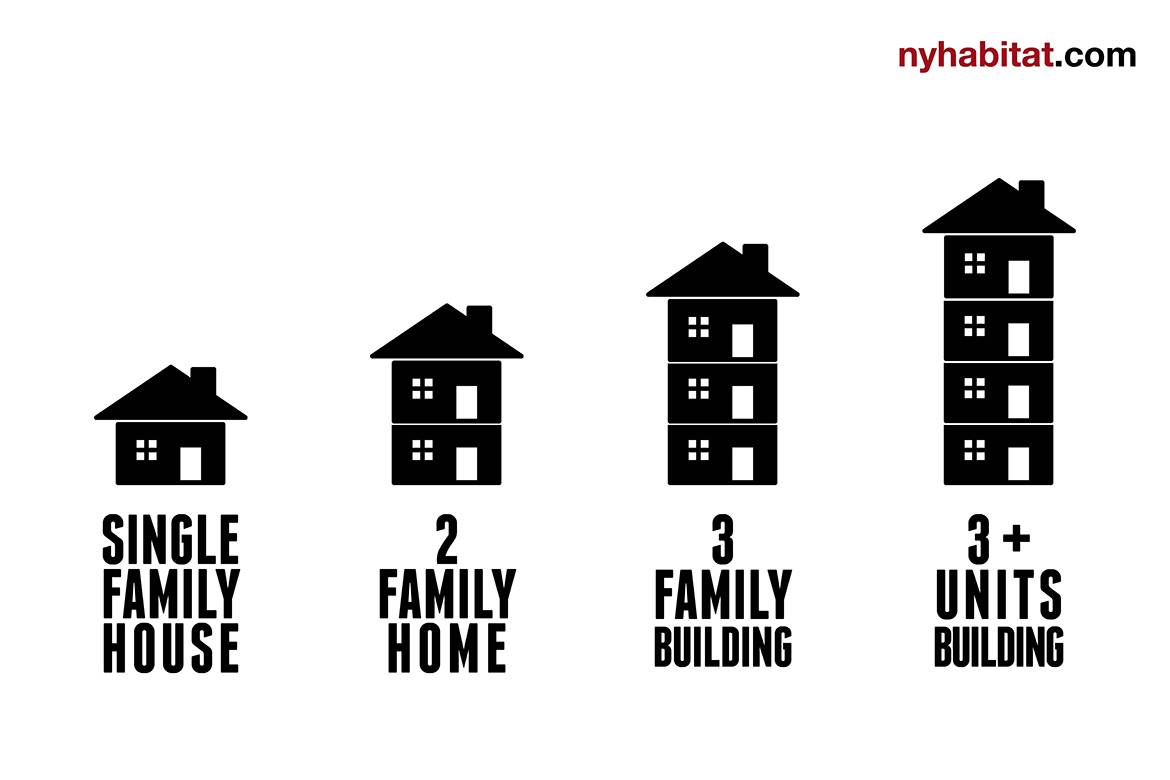
When it comes to listing apartments, New York Habitat strives to safeguard the quality of each and every accommodation we offer to our clients. We take great efforts to ensure compliance with all relevant laws and building regulations.
A recent law that concerns the New York City housing market is Chapter 225 of the Laws of 2010, otherwise known as New York’s “Illegal Hotel Law” or “Vacation Rental Ban Law.” The law, which came into effect in May 2011, bans certain short-term apartment rentals.

Unfortunately, the law was followed by a wave of confusion. Much of the confusion centers on the fear that the new legislation seeks to disrupt, or even forbid, the real estate “sharing economy.” Because New York Habitat is aware of the importance of alleviating this confusion, we are pleased to announce that New York State Senator Liz Krueger issued a press release on her website on Friday, December 13, 2013 entitled “Answers for New Yorkers Concerned or Confused about the Illegal Hotel Law.” Senator Krueger addresses misconceptions about the law and makes it clear that fearing a threat to the sharing economy (the ability to rent to a roommate) has no grounds in neither the intention nor the content of the law.
New York Habitat would like to address Senator Krueger’s points regarding the sharing economy and inform you of what we are doing as a company to ensure that the listings we offer to our clients comply with the law. In addition, we would like to provide some general tips for individuals who choose to rent apartments on their own or with other agencies. Of course, you need not take extra steps when renting through nyhabitat.com, because all of the research to ensure our listings’ compliance is done internally.
In addition, we encourage you to read the article on Senator Krueger’s press release, which can be accessed in its entirety from the New York State Senate website.
Senator Krueger clarified in her press release that a rental violates the “Vacation Rental Ban Law” when:
a) the rental is in a permanent residential apartment building;
b) the building has three or more units; AND
c) the residential unit is being rented for less than 30 days.
What New York Habitat does
To ensure that all of New York Habitat’s listings comply with the law, we have created separate departments for rentals of less than 30 days and rentals for 30 days or more. Before listing any property, we determine, by a search of public records, how many units are in the building and whether the building contains permanent residential apartment units. If the building has three or more residential apartment units, it is only offered to our clients for stays of 30 days or more.
What you can do
Ask the host if the unit you wish to rent is in a residential apartment building with three or more units. If the host says that the building is residential and has three or more units, it’s not a good idea to rent this apartment for less than 30 days. If the host says that the building is a one- or two-family house, the Vacation Rental Ban Law does not apply to the rental.
Senator Krueger further addressed the widespread concern that the law prevents individuals from having roommates. She explains that the Vacation Rental Ban Law does not restrict sharing as long as the rental is the host’s primary residence.

What New York Habitat does
New York Habitat always confirms with our hosts whether they will be renting an extra bedroom and sharing the apartment while they still reside on the premises, or whether they will be renting the entire apartment while they are away. We have separate departments for shared listings and listings of an entire apartment. If an individual would like to list an apartment in a building with three or more residential apartment units, we only offer the apartment for less than 30 days if the apartment is the host’s primary residence and the host is present during the roommate’s stay.
What you can do
When renting, always be sure to clarify with the host whether or not they will be present in the apartment during your stay. If the host will be present and the apartment is the host’s primary residence, you need not worry about violating the Vacation Rental Ban Law.
Senator Krueger further addressed the fact that rental leases and bylaws for co-ops and condos usually prevent tenants from renting out their apartments without permission from their landlord, co-op board, or condo board. In a rental lease or co-op bylaw, these restrictions apply only to subletting the entire apartment. Sharing an apartment with a roommate does not require permission when the host is a rental tenant or a co-op shareholder. However, condo bylaws may have restrictions on sharing.
What New York Habitat does
New York Habitat reviews the condo bylaws of all condo owners who would like to list with us. We determine from these documents what (if any) restrictions there are on sharing and ensure that these restrictions are obeyed.
What you can do
Ask the host if they own their building or house or if they are a rental tenant, co-op shareholder tenant, or condo owner. If the host is a condo owner, ask them if their bylaws allow them to have a roommate. Get this information from the host in writing.
Senator Krueger also focuses specifically on rent-stabilized tenants and the penalties they face for renting their apartments at a price that is not proportionate to their rent.
What New York Habitat does
When working with a rent-stabilized tenant, New York Habitat will not list the room for a price that is not a proportionate amount of the total rent.
What you can do
Ask the host of the apartment you would like to share if the host is a rent-stabilized/rent-controlled tenant or a free-market tenant. If the host is a rent-stabilized or rent-controlled tenant, ask the host for proof in writing that the rent you will be charged is a proportionate amount of the total rent that the tenant pays.
New York Habitat applauds Senator Krueger’s efforts to clarify the laws regarding short-term vacation rentals in New York City. Hopefully this explanation of how New York Habitat addresses Senator Krueger’s points in our policies has helped to mitigate some of the concerns that arise from the confusion surrounding the law’s effect (or lack thereof) on the sharing economy.





Leave a Reply